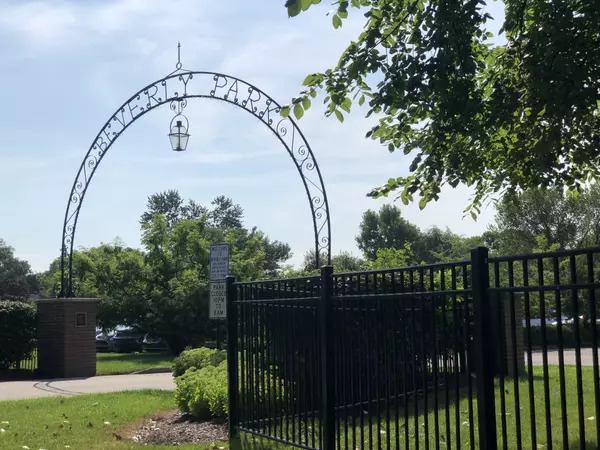3 Disadvantages of Condo Living

Condominiums have become a popular housing choice for many home buyers, especially for empty nesters, retirees or those homeowners looking to downsize. This is due to the convenience and amenities offered by condo living. However, like any housing option, condos come with their fair share of disadvantages.
We have helped several buyers of condos in Birmingham, Bloomfield, Rochester-Rochester Hills and Oakland Twp. During our exclusive homebuying process The Buyer Advantage, we make sure we explain the advantages and disadvantages. Many of our clients love the lock-and-go lifestyle of condo living. That said, the top 3 disadvantages of condo living include:
1. Limited Privacy
One of the most significant disadvantages of condo living is the limited privacy compared to single-family homes. Condos are typically situated in multi-unit buildings, which means you'll be sharing walls, ceilings, and sometimes even floors with your neighbors. This close proximity can lead to noise disturbances from adjoining units, making it challenging to maintain a peaceful and quiet living environment.
Common areas are also shared spaces where you may encounter your neighbors regularly. While some people enjoy the sense of community this can foster, it may also feel intrusive to those who value their privacy and solitude. If you're a private person, you might find condo living less than ideal.
2. Homeowners Association (HOA) Rules and Fees
Most condo communities are managed by homeowners associations (HOAs) that establish rules and regulations to maintain the common areas and overall appearance of the property. While these rules are intended to create a harmonious living environment, they can also be quite restrictive for some residents. HOA rules can dictate everything from exterior paint colors and landscaping to pet restrictions and parking arrangements. If you're someone who values personal freedom in your living space, you might find these rules cumbersome.
Furthermore, HOA fees are an ongoing financial commitment that condo owners must budget for. These fees are used to cover shared expenses, such as building maintenance, landscaping, and amenities. If the HOA mismanages funds or unexpectedly raises fees, it can strain your finances and lead to disputes within the condo community. It's essential to carefully review the HOA's rules and financial health before committing to condo living.
3. Limited Control Over Maintenance and Renovations
In a condo, you have limited control over maintenance and renovations compared to a single-family home. While the HOA takes care of exterior maintenance, you're often responsible for maintaining the interior of your unit. However, there may be restrictions on renovations or changes to the unit's structure. These limitations may be frustrating for homeowners who have specific visions for their living space and want to make substantial modifications.
Additionally, you may need to seek approval from the HOA before making any alterations, which can be time-consuming and result in delays. If you're someone who enjoys complete creative control over your living space, condo living may not be the best choice.
Condo living offers several advantages, such as low maintenance and shared amenities. However, it's important to consider the disadvantages, such as limited privacy, HOA rules and fees, and restrictions on renovations, before making your decision. Condo living is not suitable for everyone, and it's crucial to weigh these drawbacks against the benefits to determine whether it aligns with your lifestyle and preferences.
If you are curious about condo living, contact Jeff Higgins today at jeff@higginspartners.com.
Categories
Recent Posts










GET MORE INFORMATION
Managing Partner | License ID: 6506046014
280 North Old Woodward Avenue, Suite 100, Birmingham, MI, 48009, United States
